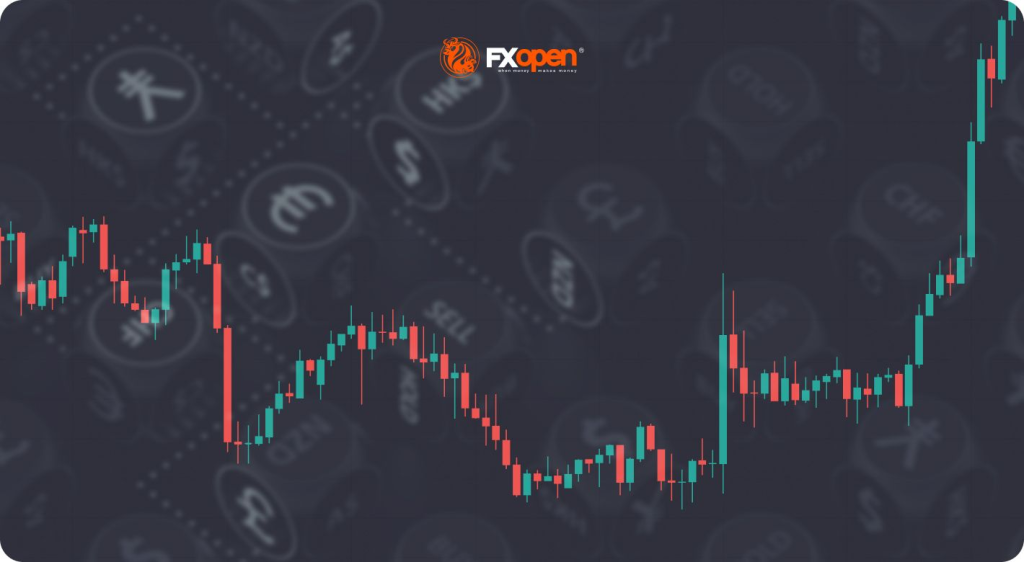Forex, short for foreign exchange, is the largest financial industry on the planet, with a daily trading size exceeding $6 trillion. It’s where currencies are ordered and bought, making it an essential component of worldwide finance. Forex trading requires the change of one currency for another, and their popularity stems from the opportunity to benefit from the changing trade rates.
The forex market operates twenty four hours per day, five days weekly, as a result of their decentralized nature. Significant economic locations world wide, such as for instance London, New York, Tokyo, and Sydney, contribute to this continuous trading activity. This convenience causes it to be convenient for traders from different time zones to participate.
Forex trading mostly occurs in currency couples, such as for instance EUR/USD (Euro/US Dollar) or USD/JPY (US Dollar/Japanese Yen). The first currency in the pair is the bottom currency, and the second reason is the quote currency. The trade charge presents the amount of the offer currency required to get one device of the beds base currency. Traders speculate on whether a currency may appreciate (go up) or depreciate (go down) in price in accordance with its counterpart.
To engage in forex trading, one requires a forex broker, a financial intermediary that delivers use of the forex market. Brokers offer numerous trading systems, tools, and sources to help traders produce informed decisions. Furthermore, traders can decide between various kinds of reports, such as common, small, or micro records, depending on their chance threshold and trading capital.
Technical and simple analysis are two elementary techniques utilized in forex trading. Complex evaluation requires learning traditional price charts, patterns, and indicators to anticipate potential value movements. In comparison, elementary examination targets financial and geopolitical factors that could affect currency values. Successful traders frequently mix both techniques to make well-informed trading decisions.
Chance administration is a crucial aspect of forex trading. Traders use stop-loss requests to limit possible failures and take-profit instructions to secure profits. Power, a double-edged blade, may amplify both gains and losses, so it can be used wisely. Traders should never invest a lot more than they can afford to lose.
Psychology represents a substantial role in forex trading. Emotions like concern and greed can lead to impulsive decisions, creating losses. It’s vital for traders to steadfastly keep up discipline and stay glued to a trading plan. Frequent understanding, exercise, and establishing to mt4 industry conditions are essential to long-term achievement in the forex market.

In summary, forex trading is an energetic and available industry that provides ample options for profit. Traders can participate in that world wide industry, capitalizing on currency cost fluctuations. But, it’s essential to approach forex trading with warning, emphasizing risk management, knowledgeable decision-making, and ongoing understanding how to navigate the complexities of the international change market.
